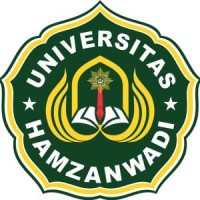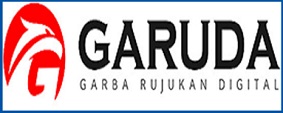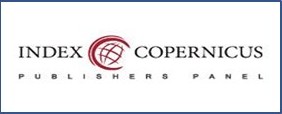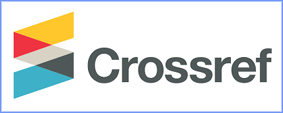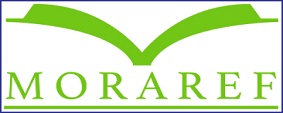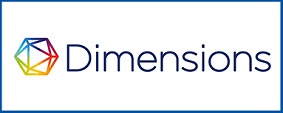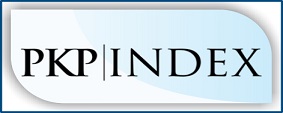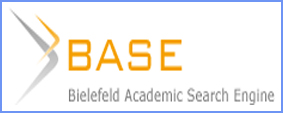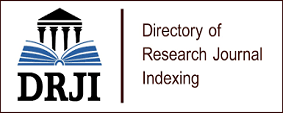The Influence of PBL Based on a Pedagogical Approach on Improving the Critical Thinking Ability of MA NW Lenek Lauk Students
DOI:
https://doi.org/10.61277/ije.v2i3.149Keywords:
Problem Based Learning (PBL), Reflective Pedagogical Approach, Critical ThinkingAbstract
This study aims to find out whether the Problem Based Learning learning model based on the reflective pedagogy approach has an effect on improving students' critical thinking skills in economic learning in class X students at MA NW Lenek Lauk. This study is a Quasi Experiment research with a control group design of randong sampling. The research sample is 23 students for the experimental class and 25 students for the control class. The data collection technique uses tests in the form of Pretest and Posttest questions and uses questionnaires or questionnaires. The hypothesis proposed in this study is that there is an influence of the Problem Based Learning (PBL) learning model based on a reflective pedagogical approach on improving the critical thinking ability of grade X students in the independent curriculum for economics subjects at MA NW Lenek Lauk. Data analysis using an independent t test with a significant value of 5 % (0.05) can be obtained with a sig.( 2-tailed) by 0.000 < 0.05. It can be concluded that Ha is accepted and Ho is rejected, so the Problem Based Learning (PBL) Learning Model Based on a Reflective Pedagogy Approach has an effect on improving the critical thinking skills of class X students in the Independent Curriculum for Economics Subjects at MA NW Lenek Lauk.
Downloads
References
Arends, 2009. Syntax of Student's Problem-Based Learning Model When Implementing the Process Learning.vol1 (2) 3 :401
Arifin, Zainal. (2009). Learning Evaluation. Bandung: Pt.Remaja Rosdakarya.
Bayu Saputro., Bambang Suteng Sulasmono., Enunice Widyanti SetyangningtYas. (2019)
Improving Critical Thinking Skills and Economic Learning Outcomes
Hadi, S. A. (2008). Educational concept. Education, VIII.
Lidyasari, A. T. (2016). Building responsible student characteristics through
Problem Based Learning (PBL). In Proceedings of the National Seminar on Affirming the Role of Research and Community Service in Glorifying Human Dignity (pp. 190-199)
Mantiri, J. (2019). The Role of Education in Creating Quality Human Resources
in North Sulawesi Province. Journal of Civic Education: Media for the Study of Pancasila and
Citizenship, 3(1), 20-26.
Ningsih, C. S. (2015). Application of Experimental Methods to Improve Skills
The process of learning science for grade VI students of SDN Puro Pakualaman. BASIC EDUCATION, 4(9).
Nugraha, J., Zulela, M. S., & Fuad, N. (2019, February). Improved writing skills
Description Through a Scientific Approach with Problem Based Learning Method in the Classroom
IV Elementary School. In Proceedings of the National Seminar on Education of KALUNI (Vol. 2).
Paradesa, R. (2015). Students' mathematical critical thinking skills through the
constructivism in the financial mathematics course. Journal of Mathematics Education RAFA, 1(2), 306-325.
Pratiwi, J. A., Mirza, A., & Nursangaji, A. (2015). Critical thinking skills in the analysis aspect
students in high school. Journal of Equatorial Education and Learning
(JPPK), 5(12).
Purwanto, J. P. (2016). Physics Learning Profile and Students' Critical Thinking Skills
Madrasah Aliyah in DIY. Journal of Physics Learning Research, 7(1), 8-18.
Saputro, Yety Nurizzati. (2012-2019). Efforts to Develop Critical Thinking Skills
Social Studies Student Creative. Edueksos Journal. Vol1 (2) : 93-622.
Somantri, D. (2021). In the 21st century, the importance of teachers' pedagogic competence. Equilibrium: Journal Educational and Economic Research, 18(02), 188-195.
Subhi, M. M., & Widodo, J. (2016). Comparison of Numbered Head Learning Methods
Together (NHT) with Think Pair Share (TPS) on Entrepreneurship Learning Outcomes. Economic Education Analysis Journal, 5(3), 788-788.
Suparno, P. (2015). Learning in higher education in the style of Reflection Pedagogical Paradigm (PPR). Sanata Dharma University Press.
Supiandi, M. I., & Julung, H. (2016). Pengaruh model problem based learning (PBL) terhadap
Problem-solving ability and cognitive learning outcomes of biology students
SMA. Journal of Science Education, 4(2), 60-64.
Syafitri, E., Armanto, D., & Rahmadani, E. (2021). Axiology of critical thinking skills
(Study on the Benefits of Critical Thinking Skills). Journal of Science and Social Research, 4(3), 320-325.
Syaribuddin., Ibn Khaldum, Musri. (2016). Application of Problem Based Learning Model
Learning (PBL) with Audio Visual Media on Economic Bond Material on the Mastery of Concepts and Critical Thinking of SMA Negeri 1 Panga Students. Journal of Indonesia Education. Vol 04(2):96-103
Drafting Team. 2003. Law of the Republic of Indonesia Number 20 of 2003 concerning
National Education System. Mone. Jakarta.
Tindangen, M., Engka, D. S., & Wauran, P. C. (2020). THE ROLE OF WOMEN IN
IMPROVING FAMILY ECONOMY (CASE STUDY: WOMEN RICE FIELD WORKERS IN LEMOH BARAT VILLAGE, EAST TOMBARIRI DISTRICT, MINAHASA REGENCY). Scientific Journal of Efficiency, 20(03).
Wahana, P. (2016). Getting to know the reflective pedagogical paradigm approach in education to build intelligent and humanist human beings. Didaktika, 5(1), 12-27.
Wahyuni, F. (2017). Development of learning tools based on learning models
based on problems to improve problem-solving capabilities mathematics of SMP Negeri 3 Sunggal students. MES: Journal of Mathematics Education and Science, 2(2).
Zainal Arifin. 2011. Types of Creative and Critical Teaching and Learning Design Jogjakarta: Diva Press






